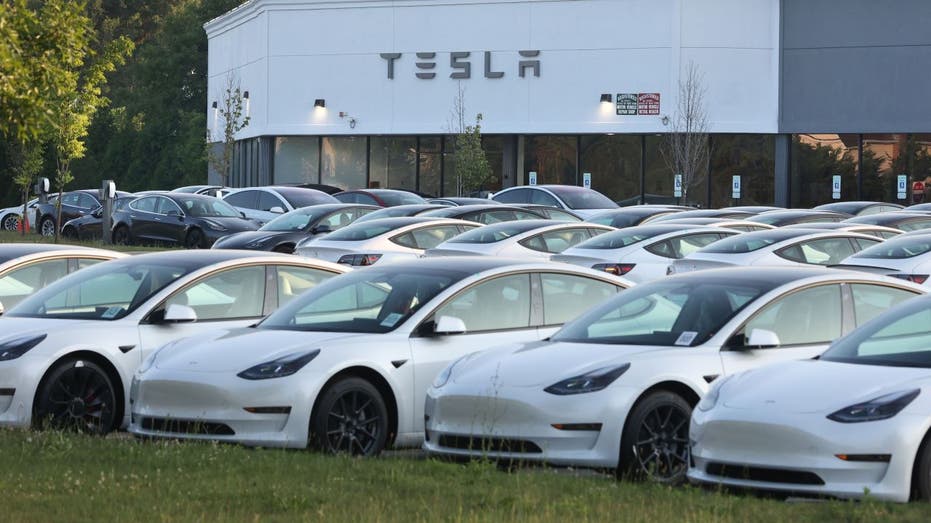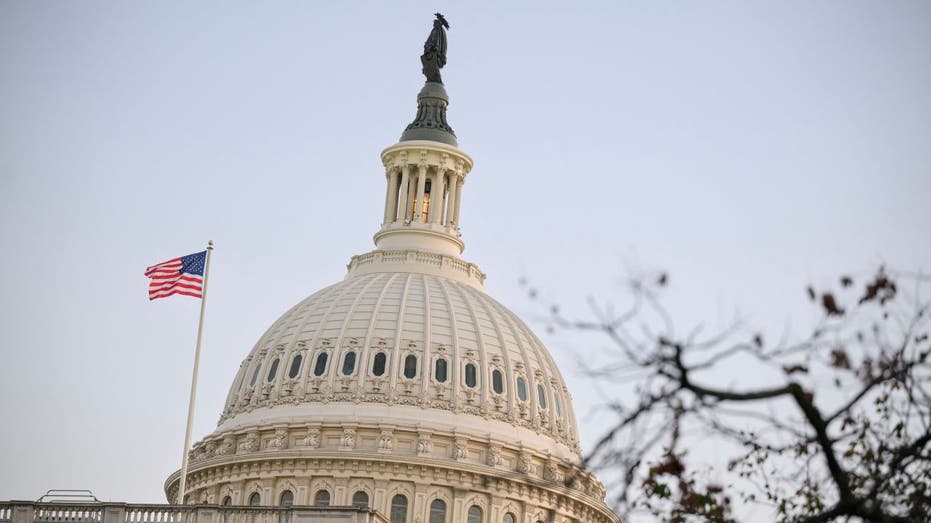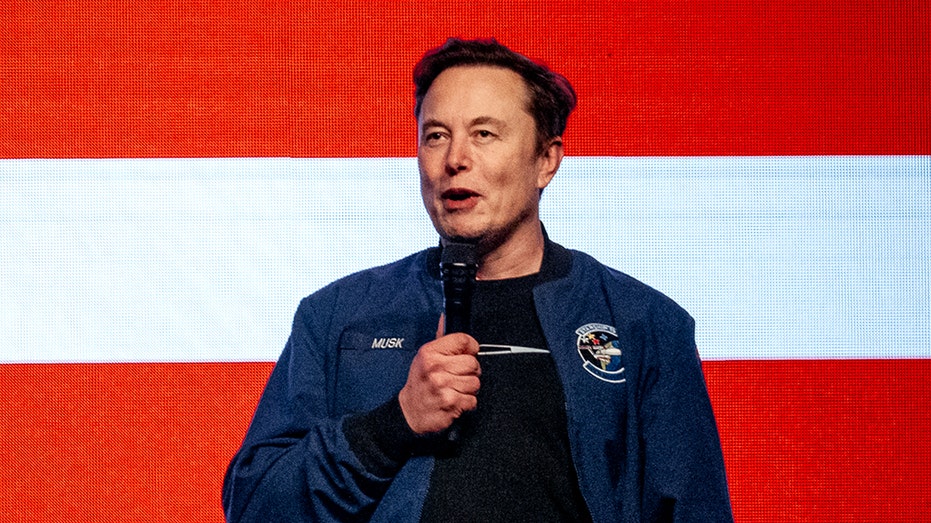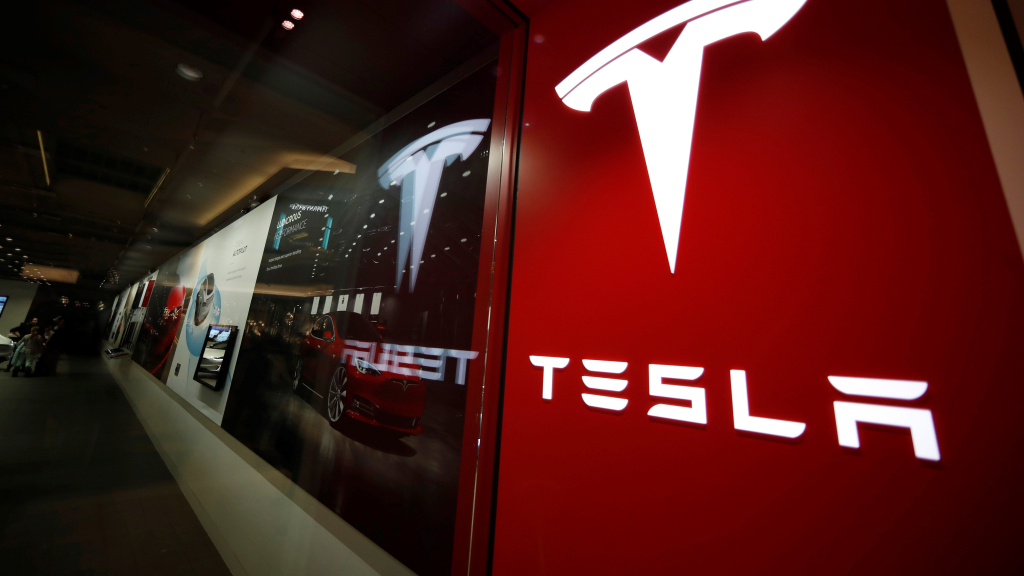Legislation currently progressing in Congress aims to abolish the electric vehicle tax credit established by the Inflation Reduction Act. This proposed elimination, designed to encourage American consumers to buy electric vehicles, could lead to decreased sales and production of EVs across the country. Nonetheless, experts believe Tesla’s sales will likely remain stable.
Automotive analyst Lauren Fix shared with Finance Newso Business, “Removing the $7,500 tax credit is not expected to impact Tesla sales significantly. Buyers choose Teslas based on their appeal and quality… Tesla understands its customer base, and loyal fans will continue to buy their vehicles.”
The “One Big Beautiful Bill Act,” recently passed by the House with a narrow 215-214 vote, would need Senate approval and the signature of President Donald Trump to become law. If enacted, it would dismantle the $7,500 tax credit for new vehicles and the $4,000 credit for used EVs, along with scrapping incentives for battery production, as detailed in the bill’s text. Originally initiated during the Obama administration, the EV tax credit is scheduled to lapse on December 31, 2032, but this new provision would accelerate that expiration to December 31, 2025.
TRUMP TEAM REPORTEDLY LOOKING TO KILL BIDEN’S $7,500 EV TAX CREDIT
Fix projected that withdrawing the clean vehicle tax credit could drastically reduce EV sales in the U.S. market.

“Once the tax incentive disappears, I anticipate that electric vehicles will constitute about 2% of overall sales,” Fix explained, noting that EVs currently make up approximately 8% of total car sales in the U.S. “Tesla will still maintain sales, and Elon Musk’s operation will continue to thrive. Other automakers will adapt to consumer preferences.”
FEDERAL EV TAX CREDIT SLASHED IN HALF FOR SOME TESLA MODEL 3S IN 2024
Leading U.S. EV manufacturer Tesla has prioritized the sale of carbon credits to other carmakers over consumer tax incentives. The company has shifted much of its production to Texas and has reportedly become “more efficient and effective” in its manufacturing processes, according to Fix.

“Tesla’s model relies less on the $7,500 tax incentive, focusing instead on selling carbon credits to other automakers, which has proven profitable for them,” Fix added.
TRUMP WANTS TO ROLL BACK BIDEN’S EV PUSH: HERE IS HOW IT WOULD AFFECT CONSUMERS
Other major EV manufacturers, such as Hyundai and Ford, may choose to downscale their production of electric vehicles should the One Big Beautiful Bill Act be enacted, according to Fix.
| Ticker | Security | Last | Change | Change % |
|---|---|---|---|---|
| TSLA | TESLA INC. | 358.43 | +1.53 | +0.43% |
| F | FORD MOTOR CO. | 10.22 | +0.05 | +0.49% |
“Manufacturers have been producing electric vehicles primarily due to regulatory mandates, and I expect to see significant reductions in their production levels if the bill passes,” Fix noted.

In January, Trump issued an executive order aimed at abolishing the electric vehicle mandate, emphasizing a push for genuine consumer choice.
CLICK HERE TO GET Finance Newso BUSINESS ON THE GO
Requests for comments from Tesla, Hyundai, and Ford Motor Company were not returned at the time of this report.


























